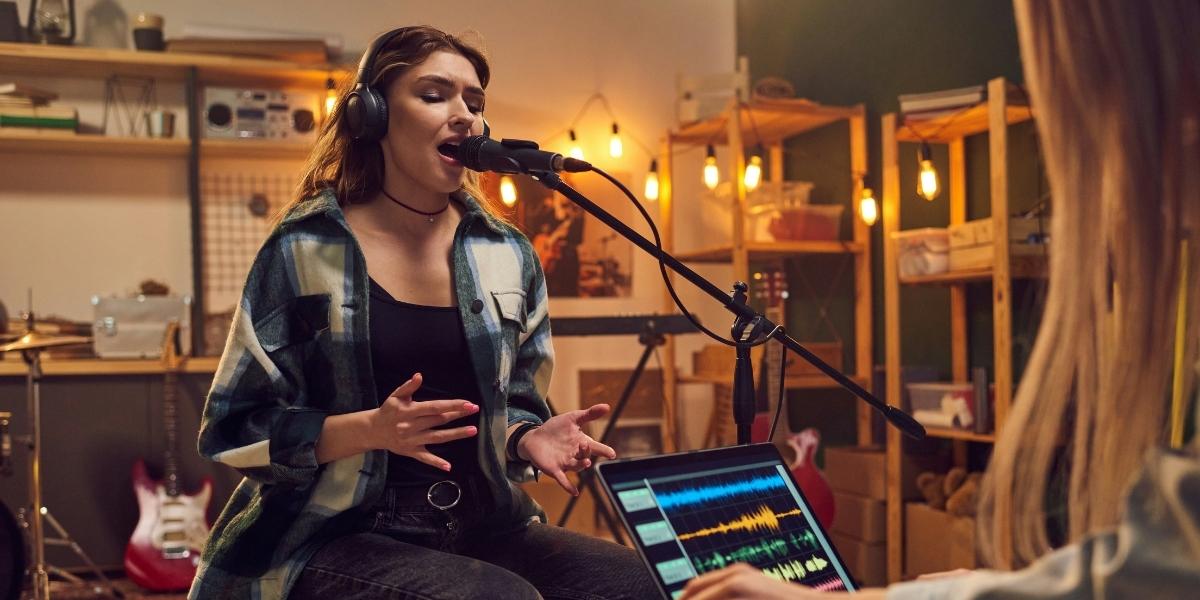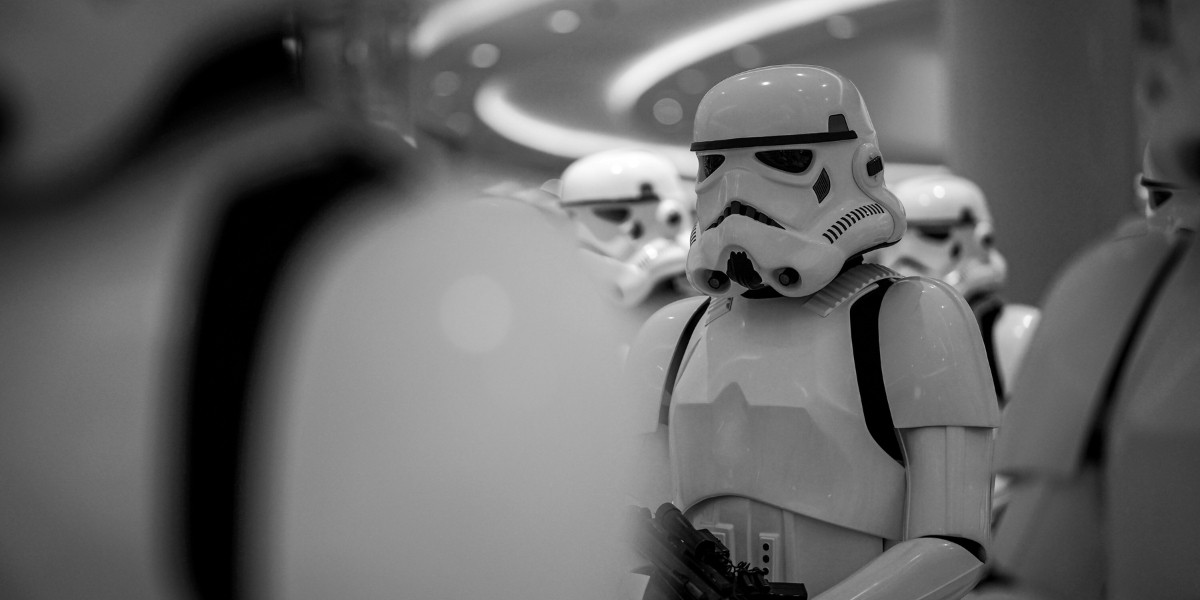Social media has significantly reshaped the dynamic between celebrities and their fans, altering how individuals interact with public figures and how celebrities engage with their audiences. What once consisted of passive consumption through television appearances or magazine articles has evolved into a more direct, personal exchange. With platforms like Twitter, Instagram, TikTok, and Facebook, celebrities now have the ability to communicate with their followers in real-time, fostering deeper connections and engagement. This shift has blurred the lines between the private lives of celebrities and the public’s perception of them.
The transformation in celebrity-fan relationships brought on by social media has been substantial, providing fans with unprecedented access to their favorite stars and allowing celebrities to shape their own narratives in ways that were previously unimaginable. This evolution has implications not just for the celebrities themselves but also for the industries surrounding entertainment, media, and marketing.
How Direct Communication Changed Fan Engagement
Before social media, fans could only interact with celebrities through indirect channels such as fan mail, interviews, or public appearances. The interaction was often one-sided, with fans consuming media content produced by the celebrity or media outlets but having little opportunity for direct communication. With the advent of social media, however, fans now have the ability to interact directly with celebrities, leading to more dynamic engagement.
Social media platforms allow celebrities to post personal updates, interact with fans through comments or messages, and even engage in conversations in real-time. This has created a space where fans feel they have direct access to celebrities, not just as consumers of their work but as participants in their personal journey.
This shift has led to more immediate feedback and connection. Celebrities can respond to fans’ comments, share behind-the-scenes glimpses of their lives, and even express personal thoughts or opinions. These interactions, while often brief, create a sense of intimacy and closeness between the celebrity and their followers, breaking down the traditional barriers that once separated them.
The Impact of Authenticity and Transparency in Online Interactions
One of the more significant shifts brought about by social media is the emphasis on authenticity. Celebrities no longer have to rely solely on their publicists or media outlets to manage their image; instead, they have the ability to directly control how they are presented. This has led to an increased level of transparency and vulnerability, with many celebrities sharing not just the highlights of their lives but also the challenges they face.
Social media offers an opportunity for celebrities to show a more humanized version of themselves, including personal struggles, achievements, and day-to-day moments that might have previously been kept private. Fans, in turn, often feel more connected to celebrities when they see aspects of their lives that are less polished or scripted. This visibility allows fans to relate to celebrities on a more personal level, breaking down the previously inviolable barrier of celebrity mystique.
Such interactions can also foster greater empathy from fans. As they witness the challenges or growth of a celebrity in real-time, fans may form a stronger bond, as they see these public figures as multifaceted individuals rather than just icons in their respective industries.
The Role of User-Generated Content in Strengthening Celebrity-Fan Relationships
The advent of social media has empowered fans to participate in content creation, leading to a more reciprocal relationship between celebrities and their audiences. Fans no longer merely consume content produced by celebrities; they actively create content around their favorite public figures, from fan art and memes to viral videos and commentary. This shift in content creation has helped foster a sense of community among fans, as they collectively contribute to the celebrity’s brand, image, or message.
Celebrities, in turn, often engage with this user-generated content, re-sharing it, commenting on it, or even acknowledging the fans who created it. This validation can significantly strengthen the relationship between celebrities and fans, as fans see their efforts recognized by the figures they admire. Social media has become a two-way street, where content is not only created by celebrities but by fans as well, making it a more interactive experience.
In some cases, celebrities may also involve their fans in decision-making processes, such as voting on album covers, merchandise designs, or even aspects of their creative work. This participatory approach can deepen the emotional investment of fans, as they feel like active contributors to the celebrity’s career and public persona.
The Power of Real-Time Interaction and Its Effects on Fan Loyalty
Social media has also changed how celebrities interact with their fans during live events, such as concerts, sports games, or television broadcasts. Real-time interaction during these events has become a powerful tool for building fan loyalty. Through live streams, Q&A sessions, and behind-the-scenes content, celebrities are able to engage directly with their audience while they are experiencing these moments.
Fans can comment, ask questions, and even participate in the content by sharing their reactions or thoughts during live broadcasts. This real-time feedback loop strengthens the bond between celebrity and fan, as fans feel that they are part of the experience rather than passive observers. It’s an exchange that feels more immediate, authentic, and personal.
For example, live-streamed concerts or events on social platforms allow fans to interact with celebrities and fellow fans simultaneously, creating a shared experience that extends beyond the event itself. This engagement can build community and foster long-term loyalty, as fans feel they are part of something greater.
The Changing Role of Celebrities as Brands
The rise of social media has transformed celebrities into brands in their own right. With direct access to millions of followers, many celebrities now use their platforms to market products, launch ventures, and promote personal projects. This shift has altered the way fans view celebrities—no longer just as entertainers, but as entrepreneurs and influencers who have the ability to shape trends and consumer behavior.
Social media platforms provide celebrities with a direct line to their audience, enabling them to sell products, promote services, or even offer exclusive content directly to their fans. Through sponsored posts, collaborations, and merchandise sales, celebrities can engage in monetization strategies that were not possible before the advent of social media.
Fans, in turn, often feel more connected to these entrepreneurial ventures, as they can support their favorite celebrities by purchasing products or participating in exclusive events. This relationship enhances the sense of loyalty between the celebrity and their followers, as fans become active participants in the celebrity’s personal brand and business endeavors.
Challenges and Potential Downsides of Increased Accessibility
While the increased accessibility to celebrities through social media has brought fans closer to their idols, it also presents several challenges. Celebrities now face the constant pressure to maintain an online presence, which can sometimes blur the line between their personal and professional lives. Fans, in turn, may expect continuous engagement, and when this does not happen, it can lead to frustration or disappointment.
Furthermore, the scrutiny celebrities face on social media is often far more intense than in traditional media. Celebrities’ personal lives, opinions, and actions are now subject to real-time commentary from millions of fans, which can be both positive and negative. This pressure can take a toll on mental health and well-being, as celebrities may feel the need to constantly perform or engage with their followers to meet expectations.
In some cases, the overly personal nature of social media can lead to issues related to privacy, with fans feeling entitled to details about a celebrity’s life that were previously off-limits. This shift has required celebrities to strike a delicate balance between being authentic and maintaining personal boundaries.
The Future of Celebrity-Fan Relationships in the Age of Social Media
As social media continues to evolve, so too will the dynamics of celebrity-fan relationships. New technologies, such as virtual reality (VR) and augmented reality (AR), may offer even more immersive ways for celebrities and fans to connect in the future. Fans may have the opportunity to interact with their favorite celebrities in more dynamic and engaging ways, from virtual meet-and-greets to fully immersive fan experiences.
The nature of these interactions will likely continue to evolve, but one thing remains clear: social media has permanently changed the way fans engage with celebrities, creating more opportunities for connection, collaboration, and community. Whether through direct interaction, content creation, or real-time experiences, social media has facilitated a more personalized and interactive relationship between celebrities and their followers.









